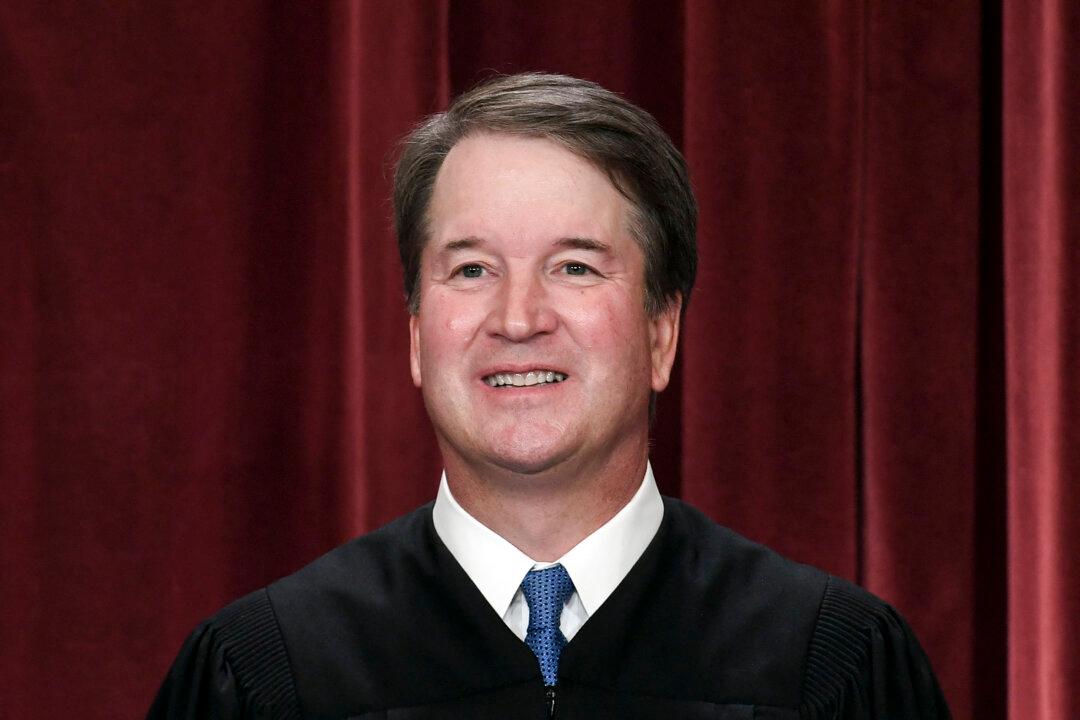The Supreme Court voted 6–3 on June 26 to toss the conviction of James Snyder, a former small-town mayor in Indiana who was convicted of accepting an illegal gratuity.
The court held that federal law prohibits bribes to state and local officials but does not make it a crime for those officials to accept gratuities for their past acts. A bribe involves future behavior; a gratuity involves an act that has taken place.





